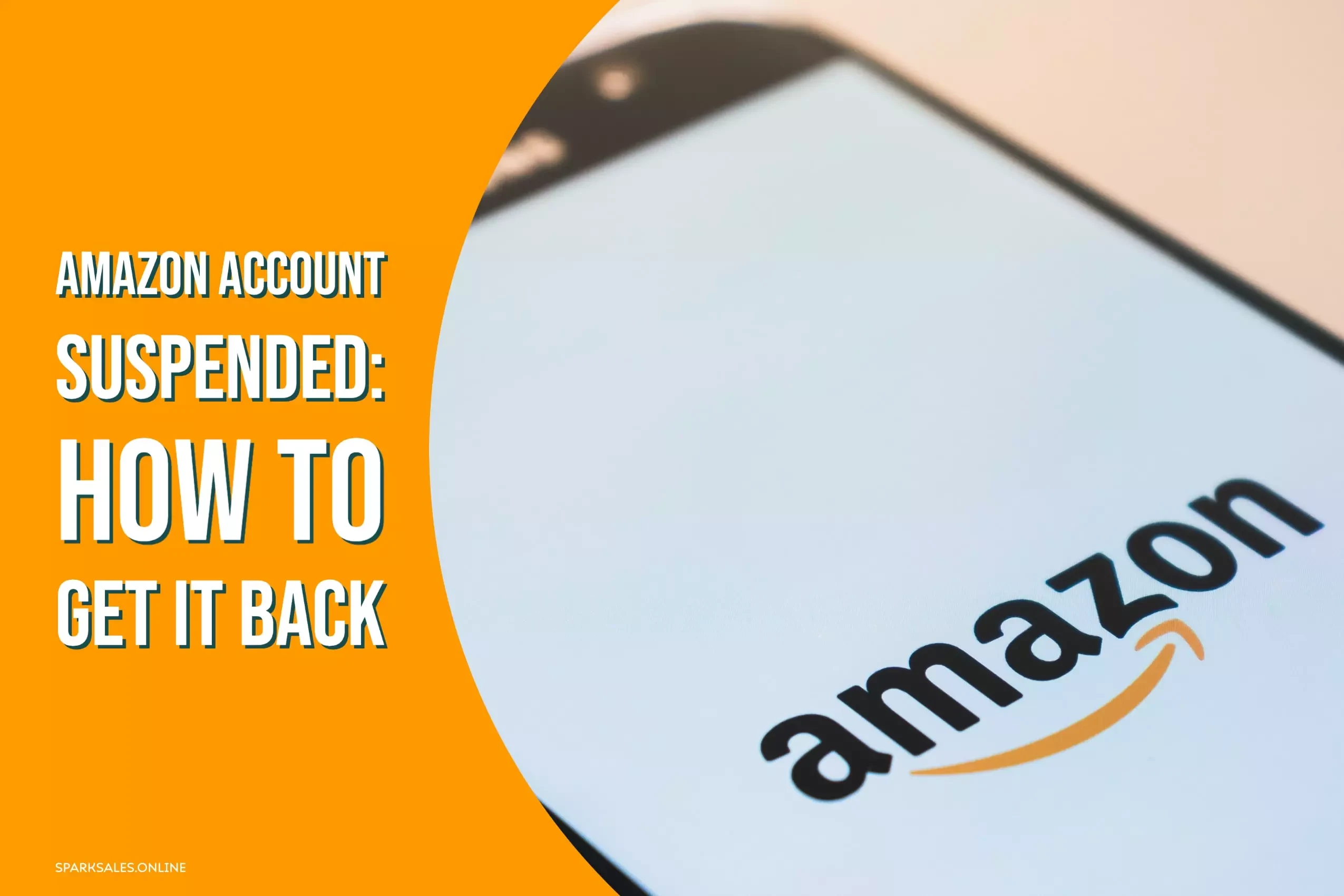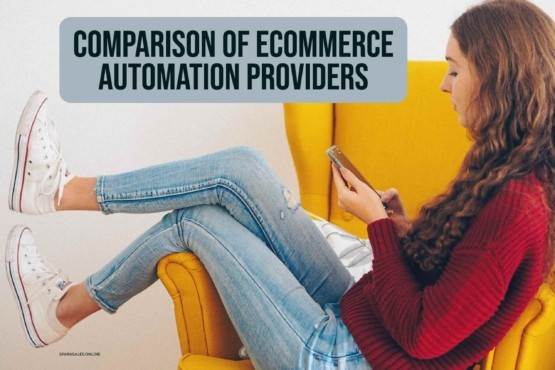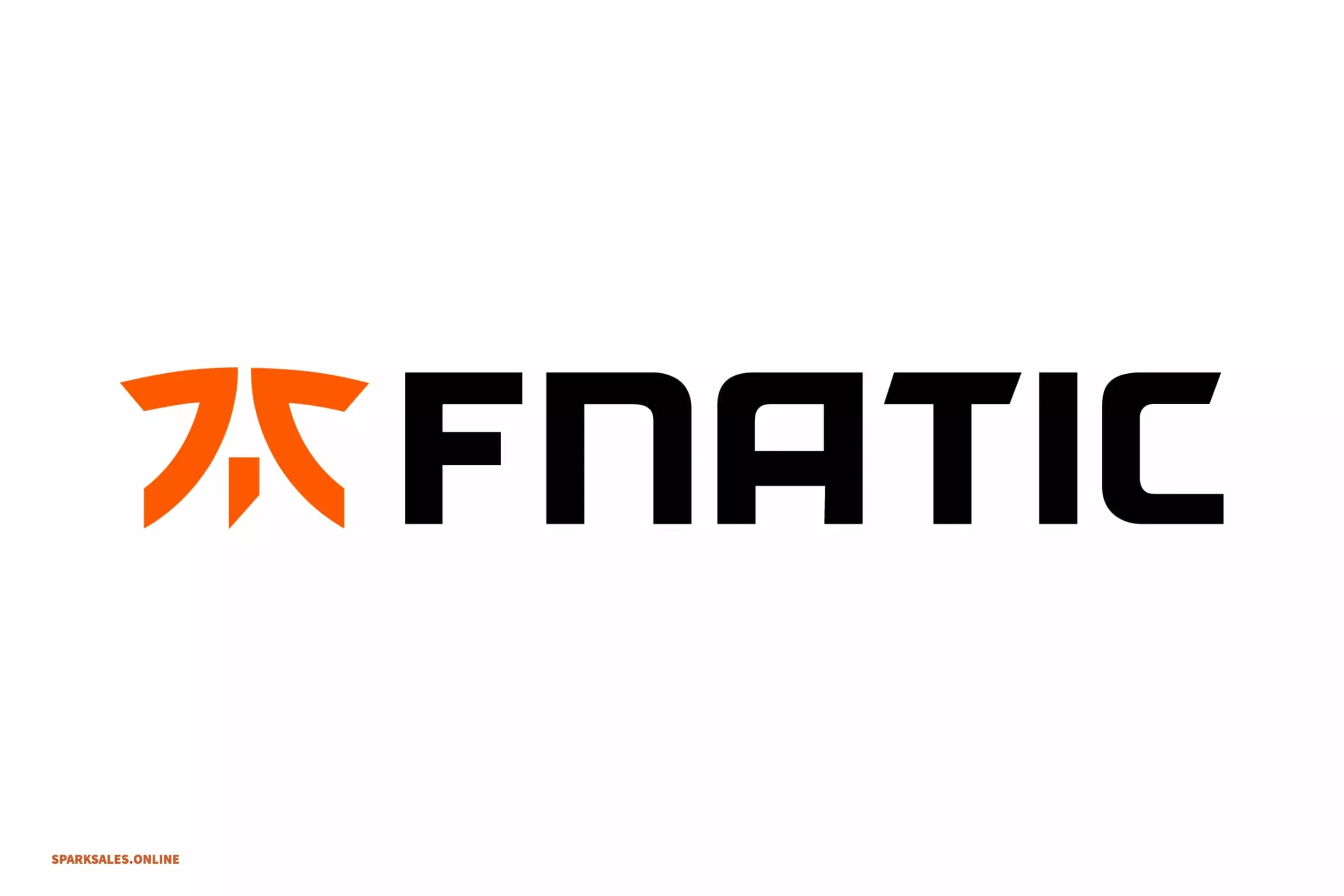The ecommerce market is a fast-moving and competitive product space. What was relevant last year may not be appropriate this year, so how do you make sure that the ecommerce product platform you want to use is right for your business?
One quick way to do so is by looking at the best free Shopify alternatives in 2022. Even though Shopify has one of the top ratings as an ecommerce platform in the world, it comes with some expensive features that can get in the way of starting a new business.
That is why we have scoured the web to uncover those highly useful – and hopefully relevant platforms perfect for your online business. In this article, we’ll look at five free Shopify alternatives worth considering as you plan a new online store.
Why is Shopify so Popular?
One of the reasons Shopify is so popular is because it offers a wide range of features, themes and tools. You can start your ecommerce store with a free 14-day trial, which allows you to test their services and find a theme for yourself.
Many first-time users are attracted to Shopify because of the variety of easy-to-use themes and massive app ecosystem. However, once you start building inside this feature-rich environment, you quickly begin to realize most of the extra add-ons cost money.
The reason Shopify is expensive and popular is that it has top-of-the-line servers and customer support to help you stay active online. Once you start to add up the additional transaction fees Shopify imposes, you may think twice about using it to host your new online business, regardless of how attractive a potential theme or ecommerce tool. That is why so many people seek out free Shopify alternatives.
Why Choose a Free Alternative to Shopify?
Free alternatives to Shopify offer some key product benefits that you will not find with a traditional ecommerce platform. You get a lot more customization and the ability to test and fail long before being “stuck” in an ecosystem that is difficult to change down the road. Other reasons include:
Limited Blogging
Most of the battle to rank higher on search engines happens in the blogosphere. Shopify offers limited blogging theme features compared to alternatives like Squarespace. Without the ability to provide potential customers vibrant and engaging blog theme posts, you lessen the chance your ecommerce website will be organically noticed online.
Cost Savings
Shopify charges a monthly fee of $29 when you sign up for their basic plan. The product transaction fees are also higher than most of their competitors.
For example, if your customer sells a product on your store for $20 and you charge the customer $3, Shopify will charge the customer 2.9% + 30 cents on any sale.
These fees can chip away at your profits and risk your business not succeeding as quickly or solidly as you would like.
Limited SEO Features
SEO is vital for your website. Search engine optimization is the process of affecting the visibility of a website or a web page in a search engine’s unpaid results—often referred to as “natural,” “organic,” or “earned” results.
This includes both manual actions by search engines, such as adding a site to their local listings and having it in their search result pages, and automatic actions, such as analyzing the content of websites and themes that are already listed.
Shopify doesn’t allow you to modify the sitemap or have Google recognize products differing in color, size, or other attributes beyond name, description, and price.
Poor International Support
Shopify is an excellent choice for many merchants, as it offers all the core ecommerce functionality you need. But if your business is based in a country where English isn’t spoken as a primary language, or if it serves customers who are not native speakers of English, then Shopify might not be suitable for you. This is because Shopify payments only work in less than 20 countries. Otherwise, you need a different payment system that will most likely charge additional fees.
Best Free Alternatives to Shopify in 2022
1 – WooCommerce
If you’re a WordPress user, WooCommerce is probably the first thing that comes to mind when you think about setting up an online store. WooCommerce is one of the best alternatives to Shopify. The free and open source WooCommerce ecommerce platform accounts for over 28% of all global ecommerce.
WooCommerce is actually more than just an ecommerce platform. It’s also a WordPress plugin that allows you to sell anything from physical products to digital downloads without needing any coding experience whatsoever. Many people overlook WooCommerce because it is free without realizing how little technical knowledge is needed to maximize the tool.
You can customize your WooCommerce site with multiple themes and add-ons like product reviews and newsletters without having to do any coding at all. This is an entirely free platform that is open source supported. There is a vibrant online community that offers various themes, tricks, and tips to improve your WooCommerce storefront without needing a ton of technical knowledge.
With a larger community comes more flexibility. You can adapt your product description, design, and showcase with the niche market elements that will help you stand out from the competition. Add on the intuitive security built-in to WooCommerce, and you have a robust system with easy-to-use payment processor options.
WooCommerce Pros:
• WooCommerce offers a large number of add-ons and extensions.
• Has a large community of WooCommerce developers and users who are constantly improving it.
• Integrates with dropshipping, POD, and other online business types.
• Fully integrated payment system accepting up to 125 currencies, credit cards, debit cards, and local payments.
WooCommerce Cons:
• WooCommerce is free to use, but does require web hosting and securing a domain name.
• While this is 100% customizable, all of the plugins can take up a lot of memory and slow your website down a little.
Pricing:
Free to Use on WordPress.
2 – Weebly
Weebly is another excellent app option for small business owners looking to get started on their own websites using Shopify cheaper alternatives. The difference with this ecommerce platform tool is that you have access to well over 100 beautiful free available website themes for your online store.
There is a lot more customization to Weebly, and it doesn’t require a ton of experience to use. As long as you can drag and drop elements into your site design, then you can do everything from scratch. All you need to get started is an email address which you can get for free from plenty of sources online.
This is considered one of the “rapid-build” platforms because there are so many ready-to-use ecommerce features. This extends the functionality of your brand across your online presence with solid site speeds. The faster your site loads, the more likely clients will use it. That is also a critical SEO factor to help you rise in organic search results.
Weebly was wise to include a simplified mobile app that allows you to build and manage your ecommerce store all from your iPhone or Android device. Most of the apps that add more features to your site are equally mobile responsive. This means you can run your entire ecommerce empire on Weebly from the convenience of your smartphone while you travel anywhere in the world.
Weebly Pros:
• Free to use with premium functions available.
• Over 100 website themes that can be customized through drag-and-drop tools.
• Accepts credit card payment, including without needing an active network connection.
• Powerful mobile application with flexible features.
Weebly Cons
• The downside is Weebly will run ads on your website to compensate for the free plan.
• You have to pay for your own domain unless you upgrade.
• Limited blogging tools.
Pricing:
• Free Plan $0.00
• Personal Plan $6/month
• Professional Plan $12/month
• Performance Plan $26/month
3 – Wix
Wix is a great option for ecommerce websites and is one of the better Shopify cheaper alternatives. It has a drag-and-drop website builder that allows you to design your own website easily. You can also use its free plan, which comes with plenty of features that will help you create a unique website. Plus, it comes with many templates to choose from so that you don’t have to spend much time building your site from scratch.
You do need to keep a close eye on your Wix design, as once you settle on a customization, you are locked in for life. If you want to make a change, you’ll have to upgrade or start again on a new Wix account.
With a vibrant online community, many of the most popular templates receive frequent updates. This ensures your Wix ecommerce site always provides a modern look and feel for your potential customers. If you upgrade to the paid tiers, you can secure a $5/month plan that can be canceled at any time. You are not locked into an annual subscription like other competitors.
Wix also provides decent security features that do not slow down your load times. That provides you with a more robust defense against potential fraudsters without sacrificing SEO speed to rank higher on Google or Bing. If you do run into a problem with a plugin or widget, the customer support team at Wix is pretty impressive. You’ll have an answer in no time from their team.
Wix Pros:
• All in one solution for your ecommerce store with plenty of supportive Wix app resources.
• Includes an abandoned cart recovery app option to increase potential sales.
• Wix is easy to use and doesn’t require technical expertise to maintain.
• Great customer support with cheap tiered plans that don’t require a subscription agreement.
• Enhanced ecommerce site security built into the platform.
Wix Cons:
• There are some limited payment processor options on the free plan.
• SEO is not as robust as other platform options.
• You have ads on the free plan that may confuse buyers in your sales funnel.
Pricing:
• Assigned URL, Free Plan $0.00
• Combo Plan $16/month
• Unlimited Plan $22/month
• Pro Plan $27/month
• VIP Plan $45/month
4 – Squarespace
Squarespace is a quality cheap alternatives to Shopify for beginners who are looking to get started with their first ecommerce store. You can easily create your online Squarespace store and have it up and running in minutes without worrying about the technical details of hosting or designing your Squarespace site.
Squarespace is also perfect for small businesses that want to keep their costs low while still maintaining a professional look. The Squarespace user interface isn’t too complicated, so it’s easy to navigate, but it has enough features that you can customize your Squarespace website however you want.
The downside here is that Squarespace is not genuinely free. Squarespace comes with a 14-day free trial so that you get a better idea of how the system works and if Squarespace is the right fit for your business. This is the best option for mobile-friendly ecommerce websites but maybe not for Shopify alternatives for drop shipping. As the vast majority of online shoppers now use their smartphones and tablets to find products, Squarespace may be the best way to go.
If you look on social media, you will find many current generation entrepreneurs using Squarespace. This is because the UI/UX is intuitive and highly attractive. It looks like a pin on Pinterest with features that an interior designer would love. One of the platform’s biggest strengths is that the design’s cleanliness makes it highly marketable. Almost any ad or feature you run on Google, social media, or other platforms will look fantastic because of Squarespace’s design elements.
Squarespace Pros:
• The Squarespace suite of features is impressive, with various tools to track inventory, improve marketing, fulfill orders, and handle shipping.
• This is one of the most popular options for dropshipping and POS ecommerce storefronts.
• Squarespace accepts Stripe, PayPal, and Square Online as payment gateways.
• Probably the most “attractive” ecommerce design elements to make your site stand out from the competition.
• Good customer support available 24/7, 365 days a year with email tickets and live chat options.
Squarespace Cons:
• The Squarespace ecommerce features require you to purchase a plan. You can only test out the Squarespace site during the available free trial.
• There is no phone support for customer service.
• Tiered plans can get expensive.
• You can customize themes, but it requires at least a little comfort with HTML and JavaScript.
Pricing:
• 14 Day Free Trial
• Personal Plan $16/month
• Business Plan $23/month
• Basic Commerce $27/month
• Advanced Commerce $49/month
5 – BigCommerce
BigCommerce has a free plan, as well as a paid plan. It also offers a free trial and an ecommerce store version of its software as one of the Shopify UK alternatives available.
If you’re looking for an online store builder that’s specifically designed for your physical retail business, then BigCommerce might be the way to go.
The best part about BigCommerce is that it doesn’t require any credit card information or any other personal information upfront. You can sign up with only an email address and password before even paying them anything. The only fee associated with this platform is when you want to upgrade your account from the free plan (which includes 2 apps) to their monthly subscription plans.
One of the main reasons why you should consider BigCommerce is because it’s easy to use and suitable for both large and small businesses. In fact, it’s one of only a few ecommerce platforms that can accommodate your business needs no matter where they are on their journey.
The marketing capabilities of the platform aren’t as robust as you would like. However, what BigCommerce does excel at is omni-channel selling. This means when you configure a unique strategy for advertising, you can reach those harder-to-discover clients right where they hang out the most online.
BigCommerce Pros:
• No transaction fees if you are using the integrated payment providers (including 65 processors like Stripe, PayPal, Apple Pay, and more).
• Shipping, marketing, advertising, and selling are all built-in features instead of separate apps.
• Better for medium to large-sized businesses.
• Quality SEO support with an incredibly fast response time for site loading.
BigCommerce Cons:
• Only available as a free 14-day trial before having to subscribe.
• There are annual sales thresholds that could cost you more money if you aren’t keeping a close track on figures.
Pricing:
• 14 Day Free Trial
• Standard Plan $29.95/month
• Plus Plan $79.95/month
• Pro Plan $299.95/month
Bonus: Magento Open Source
If you want to create an online store that can compete with the big guys, Magento is the available choice for you. It’s open source and has a large community. This means that there are plenty of extensions available for it, and you’ll never run out of support from other users.
Magento also has many features, including SEO optimization, an online store builder toolkit, multichannel marketing support, and more.
If you’re looking for something more than just basic ecommerce functionality on your site (such as creating multiple storefronts), then Magento could be right up your alley.
You can use this platform for free. It has a large community of developers and a large number of third-party extensions to make your store better. This product is easy to install and offers some great security features like PCI compliance and encryption for added peace of mind when using it in your business.
Platform Breakdown:
• Does require a bit of coding experience to use correctly.
• Has a large variety of Magento 1 and Magento 2 extensions available to improve your storefront.
• Probably better for larger stores with a lot of products.
Doing Your Ecommerce Research Makes a Big Difference
When it comes to selecting the best free Shopify alternatives for your ecommerce business, it’s important that you do your research before making a decision. The last thing you want is to create an expensive mistake and find out that there was another solution out there that would have been better suited for your needs. So how do you go about doing this research?
Consider the cost of the service and whether or not it fits within your budget. Many different types of platforms are available for websites, but not all are free or low-cost. You’ll need to consider how much each option will cost initially and in the long run (transaction fees, payment processing, subscriptions, etc.).
The bottom line is that Shopify is an appropriate choice for many people. It has a lot of features, and it’s easy to use. But if you’re looking for a free alternative with fewer strings attached and more flexibility, there are plenty of options out there as well.
We hope these five (cough, cough, maybe 6) were helpful in your search for the perfect platform. Getting an online business started can be fun and exciting. Just be sure to take a pause every now and then to consider all of the facts before you move forward.
Contact our team if you want to learn more about getting your ecommerce business off the ground. We can discuss the various support features you need and help build a plan moving forward.








